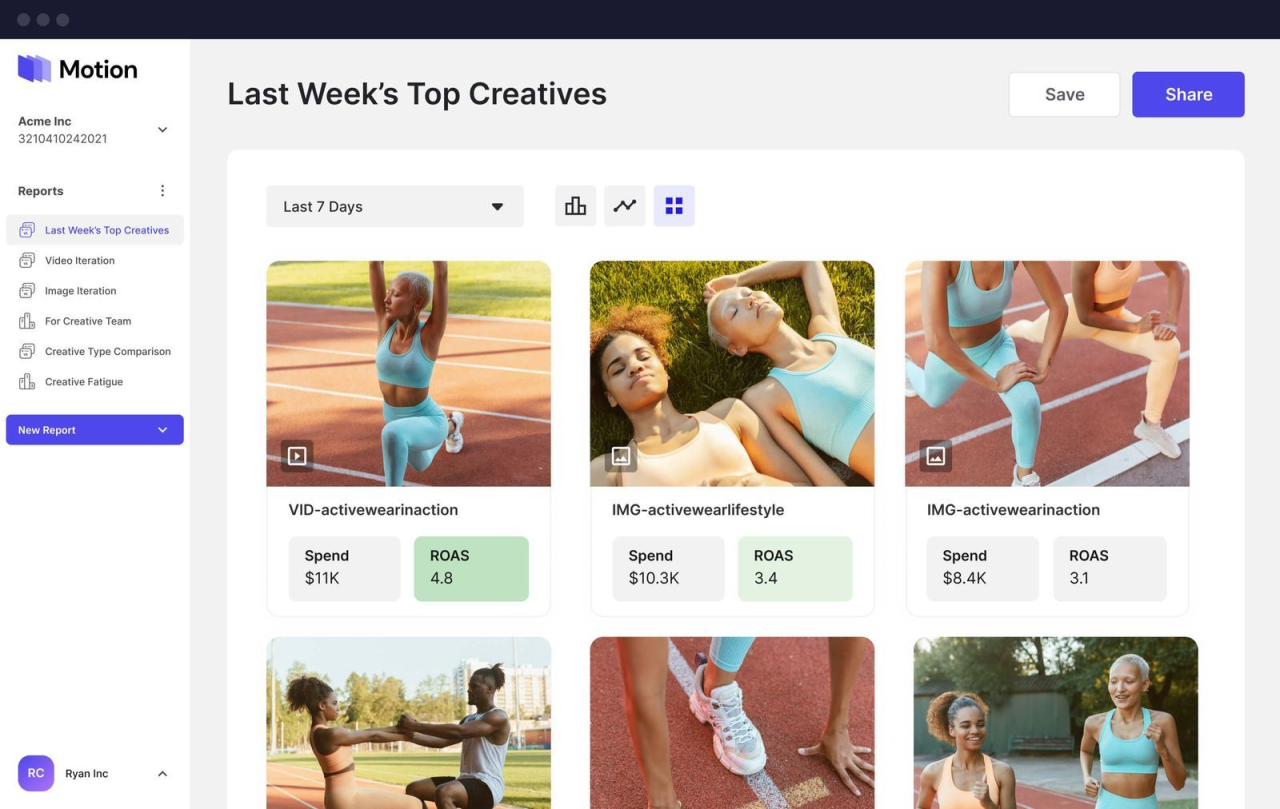Marketing Automation Tools That Save Time and Money sets the stage for this enthralling narrative, offering readers a glimpse into a story that highlights the incredible impact of these tools in today’s fast-paced digital landscape. As businesses strive to streamline their operations and maximize their resources, marketing automation emerges as a vital solution, enabling organizations to manage campaigns efficiently while reducing costs.
The integration of technology in marketing not only enhances productivity but also fosters a deeper connection with target audiences through personalized engagement.
In the past two decades, technology has transformed our lives in ways that were once unimaginable. This remarkable evolution has been driven by significant advancements in various fields, including information technology, communication, and artificial intelligence. The 21st century has witnessed a rapid pace of change, reshaping how we interact, work, and even think. Let’s delve into some of the most impactful technological developments that have defined this era.
The Rise of the Internet
The Internet has arguably been the most influential invention of the 21st century. While the groundwork was laid in the previous century, it was in the 2000s that the Internet truly exploded in popularity. With the advent of high-speed broadband, millions of users gained access to a wealth of information and services. The rise of social media platforms like Facebook, Twitter, and Instagram has further revolutionized communication, allowing people to connect instantly regardless of geographical boundaries.

Mobile Technology: Marketing Automation Tools That Save Time And Money
Alongside the Internet, mobile technology has become pervasive. The introduction of smartphones and tablets has made computing accessible in the palm of our hands. Devices like the iPhone, launched in 2007, have not only changed how we communicate but have also created entire ecosystems of applications that cater to almost every need. From banking to shopping and social networking, the mobile revolution has made life more convenient and efficient.
Artificial Intelligence and Machine Learning
Artificial intelligence (AI) and machine learning (ML) have transitioned from theoretical concepts to practical applications over the last two decades. AI technologies are now integral to various industries, enhancing everything from customer service to healthcare. Algorithms that can analyze data patterns and learn from them have resulted in smarter systems that can predict trends and automate decision-making processes. For instance, AI-powered chatbots have transformed customer support, providing instant responses and improving user experiences.
Cloud Computing
Cloud computing has revolutionized how businesses store and access data. Instead of relying on physical servers, organizations can now utilize cloud services to store vast amounts of information securely and access it from anywhere. This flexibility has not only cut costs for businesses but has also paved the way for remote work. Employees can collaborate in real-time, share documents effortlessly, and maintain productivity regardless of their location.
Blockchain Technology
Blockchain technology emerged as a game-changer in the financial sector, primarily due to its association with cryptocurrencies like Bitcoin. However, its potential extends far beyond digital currencies. The decentralized nature of blockchain ensures secure and transparent transactions, making it an attractive solution for a range of applications, from supply chain management to voting systems. The ability to create immutable records has reinvigorated trust in digital transactions, presenting new possibilities for various industries.
Impact on Society
The advancements in technology have not only improved convenience but have also raised important ethical questions and societal challenges. While connectivity and access to information have made the world more informed, the digital divide remains a pressing issue. Many people, especially in developing countries, still lack access to the Internet and modern technologies. Furthermore, with the rise of misinformation and cyber threats, society must navigate the complexities of digital literacy and online safety.
Future Trends
Looking ahead, several trends will likely shape the future of technology. For instance, the Internet of Things (IoT) will continue to grow, connecting everyday devices to the Internet and allowing for smarter homes and cities. Additionally, advancements in quantum computing promise to revolutionize data processing, solving complex problems that are currently beyond reach. As we move forward, the interplay between technology and ethical considerations will also demand our attention, ensuring that innovation serves humanity positively.
Conclusion
The 21st century has been marked by extraordinary technological advancements that have reshaped the fabric of society. From the rise of the Internet to the proliferation of AI, these developments have created opportunities and challenges alike. As we embrace the future, it is crucial to foster an environment where technology enhances human life, promotes equality, and respects ethical standards. The journey of technology is ongoing, and the best is yet to come.
Common Queries
What are marketing automation tools?
Marketing automation tools are software applications that automate repetitive marketing tasks, allowing businesses to streamline their marketing efforts and save time and resources.
How do marketing automation tools save money?
These tools reduce manual labor, minimize errors, and optimize marketing campaigns, which ultimately leads to lower operational costs and improved return on investment.
Can small businesses benefit from marketing automation?
Absolutely! Marketing automation tools are scalable and can be tailored to the needs of small businesses, helping them compete more effectively with larger companies.
What features should I look for in a marketing automation tool?
Key features to consider include email marketing, social media management, lead scoring, analytics, and integration capabilities with other tools.
Is it difficult to implement marketing automation tools?
While there is a learning curve, many marketing automation platforms offer user-friendly interfaces and support resources to help businesses implement them successfully.



